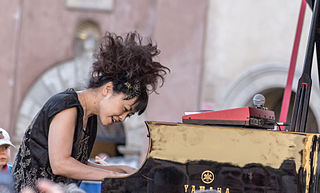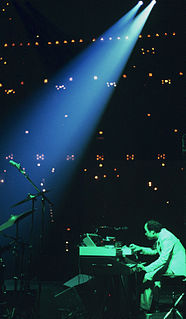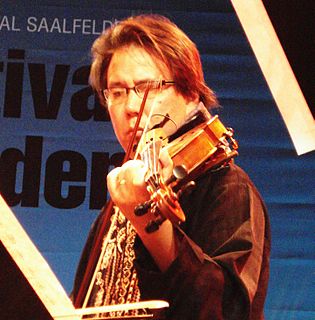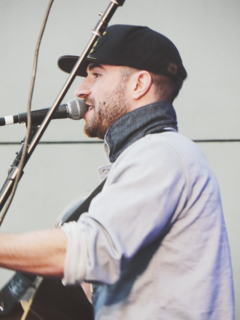A Quote by Edgar Cayce
As the attuning of music arouses emotions in the body to an unusual degree, well that there be choices made as to what the emotions are that are aroused by the character of music.
Related Quotes
The sympathies of a well-adjusted person can easily be aroused by the plight of strangers. Indeed, the skillful writer of a novel, a play, or an opera can engage our emotions on behalf of people who are not only strangers to us, but who do not even exist! And a person whose emotions cannot be so aroused is not behaving normally.
Often, I could not find the range of emotions in classical music which I found in the The Rolling Stones and Hendrix. Listening to Bach, I found a deep spirituality and felt elevated above the human level. Yet the feeling and emotions attached to popular music speak to us far more personally, and I couldn't leave that behind.


































